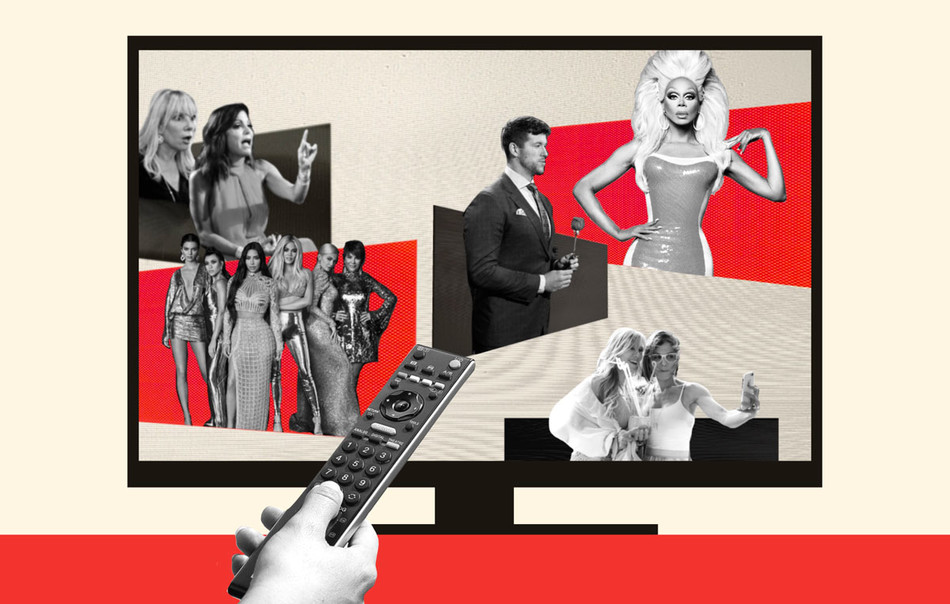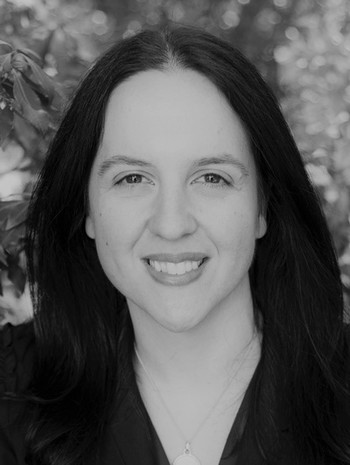Danielle J. Lindemann ’10GSAS, a sociology professor at Lehigh University, understands reality TV better than practically anyone else. Her new book True Story: What Reality TV Says About Us takes an intellectual dive into a massively popular but maligned genre.
Why should we take reality TV seriously?
Despite the stigma associated with lowbrow entertainment, studies reveal that more people in the US are watching reality TV than not, and nearly half of all TV series are unscripted. Media research has long shown that what we see on TV impacts our beliefs, values, and attitudes and how we move and act in the world.
I see reality TV as a kind of fun-house mirror, because it can show us ourselves in caricatured or amplified form. The genre reveals some of the worst things about society — sexism, racism, classism, materialism — and dials them up to eleven. But it also shows us the best of ourselves in its creativity. Historically, reality TV has been more diverse than other forms of media in its representation of people of color and queer people, even if those representations haven’t always been positive. Reality TV reveals how much society has evolved and, at the same time, how conservative it remains.
You teach a course that pairs episodes of reality-TV shows with sociological readings. Which shows do you find particularly interesting?
I like RuPaul’s Drag Race, because it emphasizes how aspects of gender are performed in everyday life. A show like The Bachelor, with its fixation on marriage and rigid gender stereotypes, reveals how long-standing ideas about courtship still powerfully influence the way we think and behave. The Real Housewives franchise offers fascinating character studies and insight into group dynamics, while Keeping Up with the Kardashians explores the strength of the family unit.
What’s your take on why reality TV is so popular?
Reality TV is voyeuristic. We like watching the “train wreck” character to remind ourselves that even if we’re messed up in our own ways, we are not the train wreck. We might feel smugly superior to the people on these shows. There is a freak-show aspect to this voyeurism too. Sometimes, it’s marginalized groups that are ridiculed, as in the case of Here Comes Honey Boo Boo, where the central family is portrayed as buffoonish and stereotypically lower-class.
Reality TV involves real people ostensibly reacting to real-world situations, which allows us to put ourselves in the participants’ shoes and see flashes of ourselves. The genre tends to traffic in broad character archetypes — the “smart one” and the “shy one” and the “athletic one,” for example. There’s usually someone you can identify with and say “I’m a Bethenny” or “I’m a Ramona,” and so on. Reality TV is also unique in the way it encourages audience participation: we engage with the stars via social media and, with shows like The Voice or Love Island, we even vote on the outcomes.
Binging reality TV, at least for me, can have a kind of anesthetic effect. Viewers do not need to see these shows as pure mirrors of life in order to enjoy and connect with them. We know they are constructed by producers and some scenes may be staged. Personally, I enjoy looking for “really real” moments, the smudges in the gloss — like when the Housewives haul out one another’s real-life text messages to read during reunion episodes.
How has reality TV influenced other areas of society?
Studies have shown various behaviors to be associated with watching reality TV; heavy viewers of the genre are more likely to drink alcohol, get fake tans, and use hot tubs on dates. While correlation does not necessarily equal causation, one well-known study established a link between viewership of 16 and Pregnant and reduced teen-pregnancy rates.
Many people have launched successful careers after starting out in reality TV. Cardi B, for example, entered into the public view in 2015 as a cast member of Love & Hip-Hop: New York, where she was portrayed as an aspiring musician. Since then, she has pulled herself up the celebrity pipeline and become a Grammy-winning rapper.
Some reality stars have even entered politics, the most famous being Donald Trump. Would he have been elected president if he hadn’t appeared on The Apprentice and been shown in a position of power, wearing a suit, and barking orders from behind a desk, and been depicted as always being right? We can’t know for sure, but it’s reasonable to suggest that reality TV helped pave his road to the White House. The media coverage surrounding Trump’s presidency arguably became its own reality show — in 2018, major news outlets even covered a visit to the Oval Office from Kim Kardashian. Trump is an important data point for helping us understand how reality TV both reflects and molds culture. If we learned anything from his presidency, it’s this: one thing that’s “really real” about unscripted programming is its impact.




